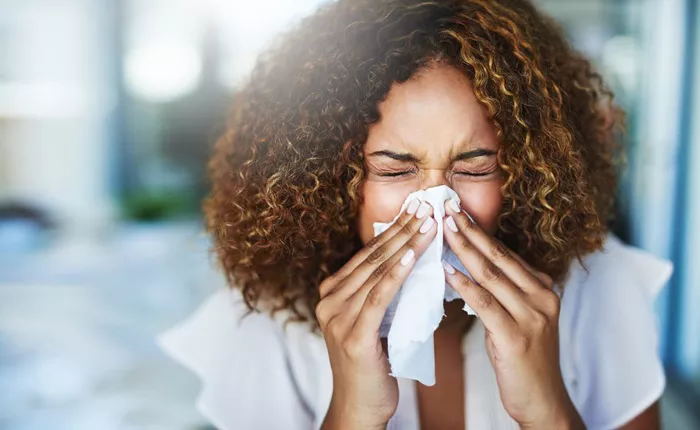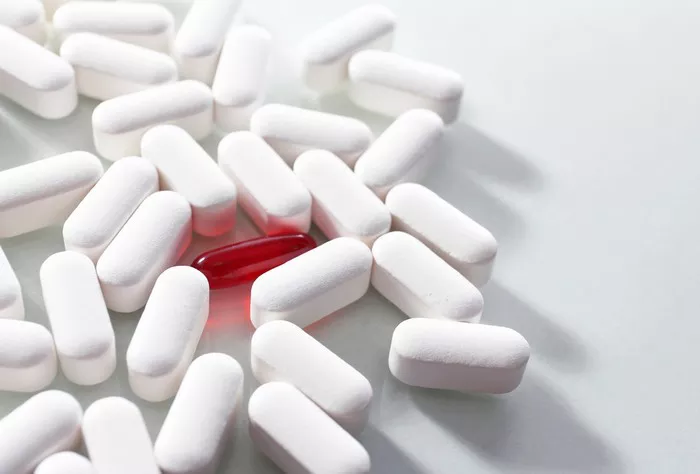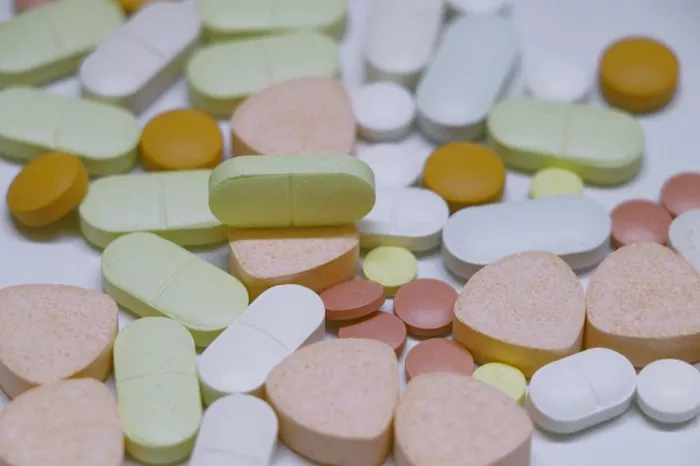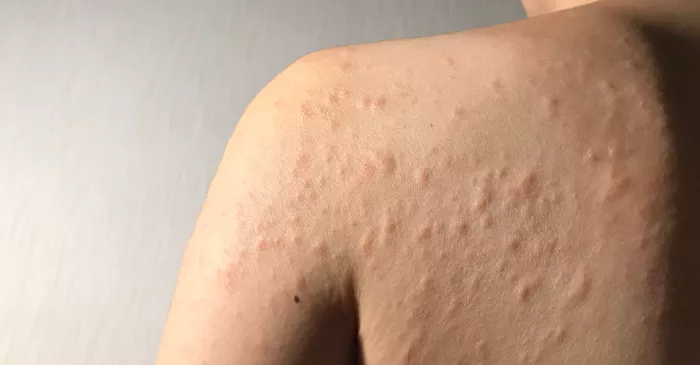Hay fever, medically known as allergic rhinitis, is an extremely common condition that affects millions of people worldwide every year. It is characterized by sneezing, nasal congestion, runny nose, itchy eyes, and a general feeling of discomfort whenever pollen counts are high. For many sufferers, hay fever pills, particularly antihistamines, offer quick and effective relief. But what happens when you take your medication faithfully and it still doesn’t seem to work? This can be both frustrating and puzzling. Understanding the many reasons why your hay fever pill might not be working is crucial for finding a solution that brings you the relief you need.
When hay fever medications fail, it’s easy to jump to conclusions. Some people might think their symptoms are too severe to be treated, while others might assume they are taking the wrong medication. However, the reality is often more complex. A range of factors, including timing, the type of medication, environmental triggers, and even your body’s response, can all influence how well your hay fever pill works. In this article, we will explore these factors in detail, help you identify potential issues, and offer practical guidance for managing hay fever more effectively.
Are You Taking the Right Medication?
Not all hay fever pills are created equal. Antihistamines are the most commonly used treatment, but they come in two main generations. First-generation antihistamines like diphenhydramine tend to cause drowsiness and have a shorter duration of action. Second-generation antihistamines such as loratadine, cetirizine, and fexofenadine are preferred because they cause less drowsiness and offer longer-lasting relief.
Sometimes, people mistakenly assume that all antihistamines will work the same way. However, if your symptoms are not improving, it could be because the particular pill you are taking is not effective against the type of allergic response you are experiencing. In some cases, stronger medications like corticosteroid nasal sprays or combination therapies might be necessary.
If you have persistent symptoms despite using over-the-counter medication, it may be time to consult a healthcare provider. They can recommend alternative treatments, adjust your dosage, or explore the possibility of immunotherapy. Personalized medical advice ensures that you are not just treating symptoms ineffectively but addressing the root cause of your allergic reaction.
Are You Taking It at the Right Time?
Timing can make a massive difference in how well your hay fever pill works. Many people make the mistake of taking their medication after symptoms have already started. By then, your body’s allergic response is in full swing, and the medication may not be able to catch up quickly enough to control it.
Preventative use of hay fever medication is often much more effective. This means taking your pill before you even step outside or before exposure to pollen is expected. Ideally, you should start taking your antihistamine one or two weeks before the pollen season begins. This allows the medication to build up in your system, providing a protective barrier against allergens.
Another important factor is consistency. Taking your medication sporadically can reduce its effectiveness. If you only take it when symptoms flare, you may not achieve the level of control necessary to prevent discomfort. Regular, daily use during allergy season is usually recommended to maintain steady relief.
Could It Be the Wrong Diagnosis?
Not all runny noses and itchy eyes are caused by hay fever. Several conditions can mimic the symptoms of allergic rhinitis, including the common cold, sinus infections, non-allergic rhinitis, and even certain types of asthma. If your hay fever pill is not working, it could be because you are treating the wrong condition.
Non-allergic rhinitis, for example, can produce symptoms similar to hay fever but is triggered by irritants like smoke, perfumes, or changes in weather rather than allergens like pollen. Antihistamines are generally ineffective against non-allergic rhinitis, meaning you would need a different treatment strategy.
Consulting a healthcare provider for allergy testing can confirm whether you actually have allergic rhinitis. Testing may involve skin prick tests or specific IgE blood tests. An accurate diagnosis is critical to ensure you are using the most effective treatments tailored to your actual condition.
Is Pollen Exposure Too High?
Sometimes, the problem isn’t the medication but the sheer amount of allergens in your environment. On high-pollen days, even the best hay fever pill may struggle to fully control symptoms. Pollen levels are typically highest on dry, windy days and in the early morning or evening.
If you are spending a lot of time outdoors during these peak times, or if you keep windows open at home or in your car, you may be exposing yourself to overwhelming amounts of pollen. This can reduce the effectiveness of your medication and lead to persistent symptoms despite proper treatment.
To mitigate this, it is important to combine medication with practical environmental controls. Staying indoors during high pollen periods, using air purifiers with HEPA filters, keeping windows closed, and showering after coming inside can all reduce your pollen load. Layering these strategies with medication can significantly improve your symptom control.
Could It Be Medication Resistance?
While true medication resistance to antihistamines is rare, some people feel that over time, their regular hay fever pill seems less effective. This phenomenon is more likely due to changes in your environment, variations in pollen counts, or worsening allergy symptoms rather than a genuine resistance.
However, rotating medications under medical supervision can sometimes help. Some experts recommend trying a different second-generation antihistamine if one becomes less effective. For instance, if loratadine is no longer working, switching to cetirizine or fexofenadine might yield better results.
It is crucial not to self-medicate by continually increasing your dosage or mixing different medications without professional guidance. Doing so can increase your risk of side effects without necessarily improving symptom control.
Are Other Factors Worsening Your Symptoms?
Several lifestyle and health factors can exacerbate hay fever symptoms, making it seem like your medication is ineffective. Smoking, exposure to pollution, or living with pets that bring pollen indoors can all worsen allergic responses.
Your overall health also plays a role. Conditions such as asthma, chronic sinusitis, or nasal polyps can complicate hay fever treatment. If you have any of these conditions, managing them alongside your allergies is vital for effective symptom control.
Moreover, stress and poor sleep can weaken your immune system, making allergic reactions more severe. Taking steps to maintain a healthy lifestyle, including regular exercise, a balanced diet, and stress management, can support better allergy control alongside medication.
Could Drug Interactions Be Involved?
Sometimes, other medications you are taking for unrelated health issues can interfere with the effectiveness of your hay fever pill. Certain antidepressants, heart medications, and even supplements can alter how antihistamines are absorbed or metabolized by your body.
Drug interactions can either reduce the effectiveness of your hay fever medication or increase the likelihood of side effects. It is important to inform your healthcare provider about all the medications and supplements you are taking so they can assess potential interactions and adjust your treatment plan accordingly.
If an interaction is identified, your doctor might suggest a different medication, adjust dosages, or recommend taking medications at different times to minimize interference.
When Should You See a Specialist?
If you have tried different medications, adjusted your timing, and implemented environmental controls but still struggle with severe hay fever symptoms, it may be time to see an allergist. Allergists are specialists trained to diagnose and treat allergic conditions with a deeper level of expertise than general practitioners.
An allergist can conduct more detailed testing to identify specific triggers and recommend treatments such as allergy shots (immunotherapy) or newer, advanced medications not available over the counter. Immunotherapy, in particular, can offer long-term relief by desensitizing your immune system to allergens over time.
Getting specialist advice is not a sign of defeat but a proactive step towards better health and a higher quality of life. Living with uncontrolled hay fever can negatively impact your sleep, concentration, and overall well-being, so seeking expert help is well worth the effort.
How Can You Optimize Your Hay Fever Treatment?
Optimizing your hay fever treatment often involves a multi-layered approach. Medication is just one part of the solution. Environmental control, lifestyle adjustments, proper diagnosis, and regular follow-ups with a healthcare provider all play crucial roles.
You can keep a symptom diary to track when your symptoms flare and how they respond to different treatments. This can provide valuable insights for you and your doctor in tailoring the most effective management plan.
Combining strategies such as using a saline nasal spray to rinse allergens from your nose, wearing sunglasses outdoors to protect your eyes from pollen, and changing clothes after coming inside can amplify the benefits of your hay fever pill. Success usually lies in a comprehensive approach rather than relying on a single pill to do all the work.
Conclusion
When your hay fever pill isn’t working, it can be frustrating and discouraging. However, understanding the potential reasons behind this issue empowers you to take action. Whether it’s the wrong medication, poor timing, overwhelming pollen exposure, or an incorrect diagnosis, there are always steps you can take to improve your symptom control.
Rather than accepting discomfort as inevitable, seek medical advice, fine-tune your treatment strategies, and implement environmental controls. With the right combination of approaches, you can reclaim your quality of life even during the worst allergy seasons. The key is persistence, education, and a willingness to adapt your treatment plan to find what works best for you.
Related Topics
































